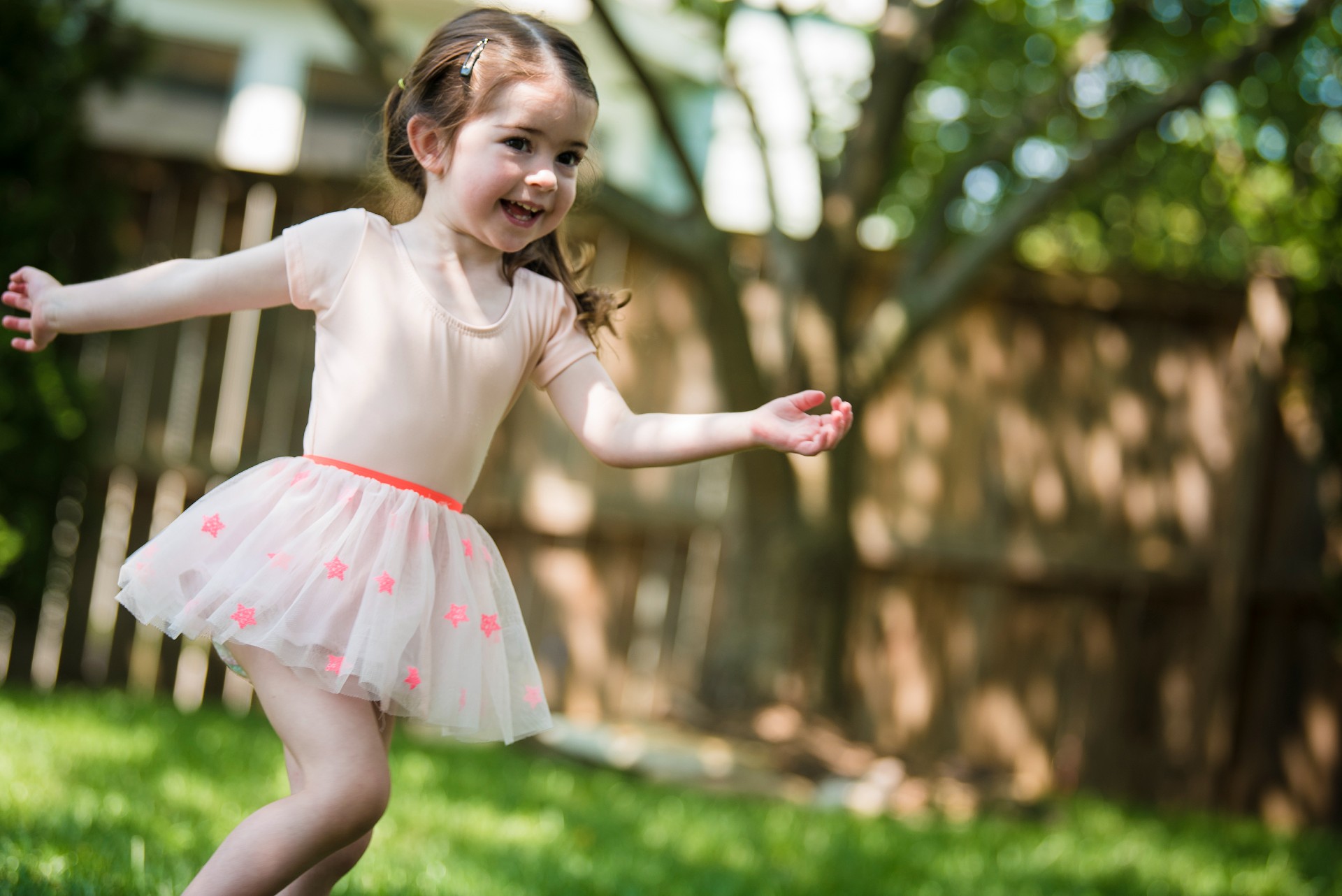Condition
Pediatric Dizziness
What You Need to Know
Dizziness is a sensation of light-headedness or feeling faint.
Causes
- Reduced blood flow to the brain for a short time, which can happen due to:
- Standing too long in one place
- Standing up suddenly
- Dehydration
- Low oxygen (such as when running and out of breath)
- And other reasons
Symptoms
- Feeling unsteady with slight loss of balance
- Feeling "woozy" or not thinking clearly
- May also have brief blurring of vision
When to Seek Care
Call your child's doctor or seek emergency care if:
- Dehydration is suspected. (No urine in over eight hours, dark urine, very dry mouth and no tears)
- Dizziness was caused by heat exposure, prolonged standing or poor fluid intake. It's not gone after two hours of rest and fluids
- Your child looks or acts very sick
- You think your child needs to be seen and the problem is urgent
Schedule an Appointment
Our pediatric specialists provide personalized care for your child’s physical, mental and emotional health needs. Meet our providers and schedule an appointment today.
Frequently Asked Questions
What are the causes of dizziness in children?
What are the symptoms of dizziness in children?
What are the levels of dizziness in children?
If my child has symptoms of dizziness, when should I call 911?
Care Advice
What if my child has dizziness from sudden or prolonged standing?
What if my child has dizziness from poor fluid intake?
What if my child has dizziness from an unknown cause?
Meet the Providers Who Treat Dizziness
Departments that Treat Dizziness

Balance and Vestibular Program
The Balance and Vestibular Program at Children's National Hospital treats children experiencing dysfunction of the vestibular system such as dizziness, imbalance, delayed motor function development and vertigo.

Help Kids and Make a Difference
Invest in future cures to help children have brighter futures.





